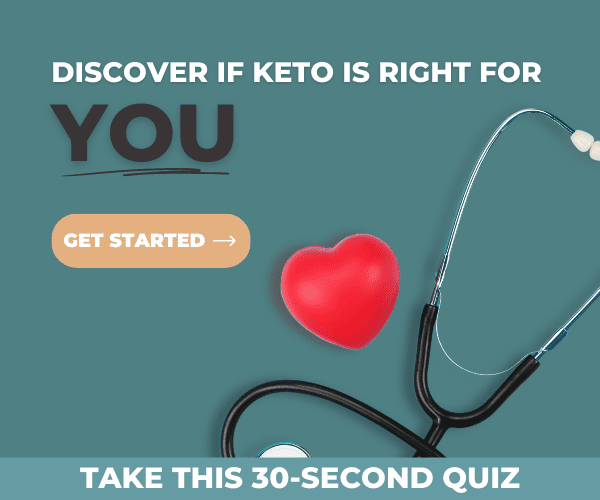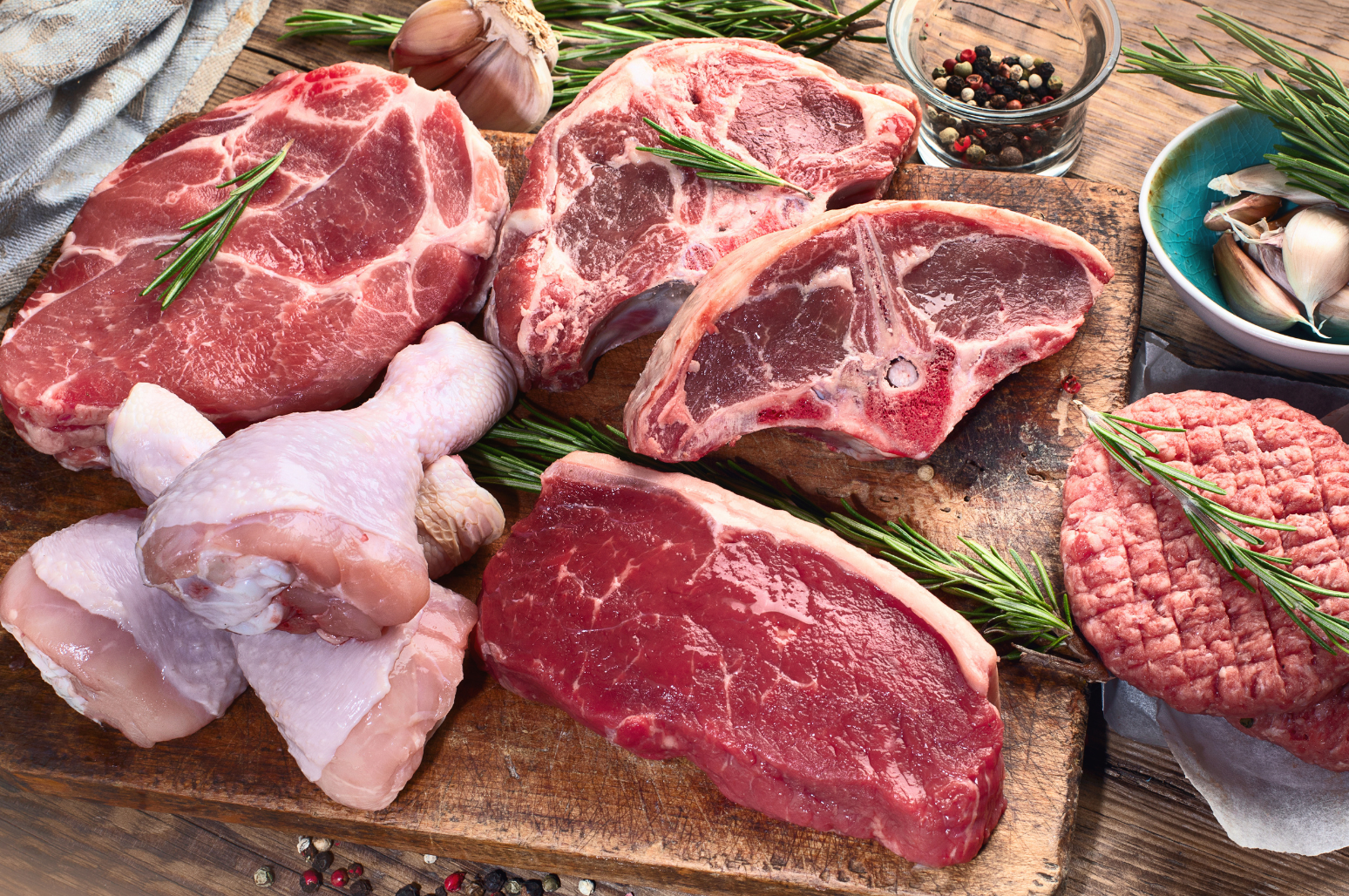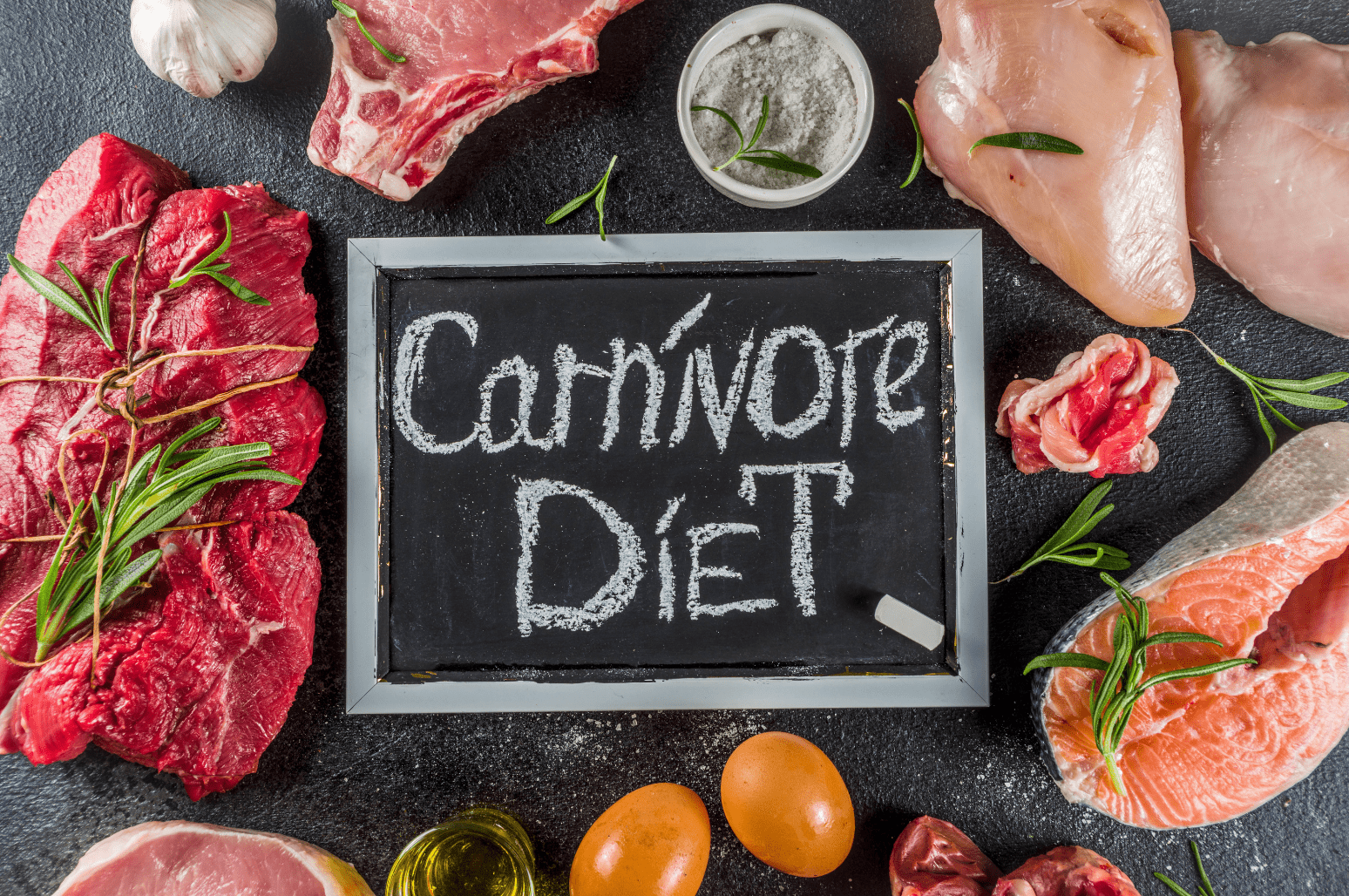What is Cholesterol and Why Does Your Body Need It?
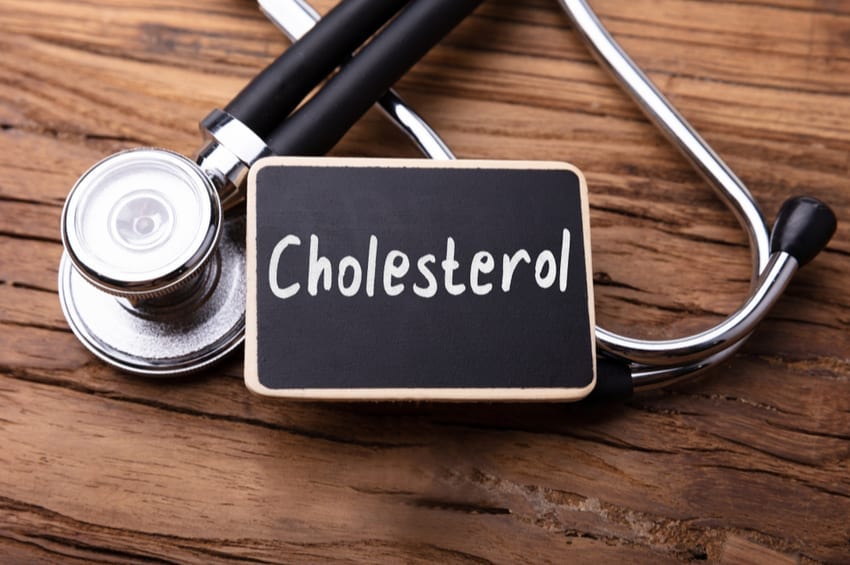
Cholesterol is being talked about here, there, and everywhere, but you might be surprised to discover that your body actually needs cholesterol. Cholesterol isn’t inherently bad or good, it’s way more complicated, and more research is needed.
What is Cholesterol?
Cholesterol is an organic molecule and a lipid that’s found in every cell in your body. Cholesterol is made in your liver, and it’s vital to human life. You can also get cholesterol from foods. Cholesterol is only found in animal products, such as egg yolks, cheese, and meat.
Experts have highlighted three main types of cholesterol lipoproteins (a combination of fat or lipid and protein). Lipids must be attached to the proteins to move through your blood. The three different types of lipoproteins have different purposes:
- HDL: (high-density lipoprotein) is sometimes called the “good cholesterol” because it transports cholesterol from other parts of your body back to your liver, and your liver removes it from your body.
- LDL: (low-density lipoprotein) is sometimes referred to as the “bad cholesterol” because some researchers believe a high LDL level leads to the buildup of arterial plaque. LDL, however, still plays an important role in delivering cholesterol throughout the body.
- VLDL: (very low-density lipoprotein) is also called bad cholesterol because it contributes to the buildup of arterial plaque. LDL and VLDL are different, and LDL primarily carries cholesterol while VLDL mainly carries triglycerides; this is why many experts believe VLDL is more of a cause for concern than LDL [1] [2] [3].

Why Does Your Body Need Cholesterol?
Cholesterol plays three key roles in your body:
- Assists the production of reproductive hormones
- Assists the production of bile in the liver
- Building block for human tissues
A major use of cholesterol is the synthesis of bile acids that are essential to help you absorb fat from your intestines [4] [5] [6] [7].
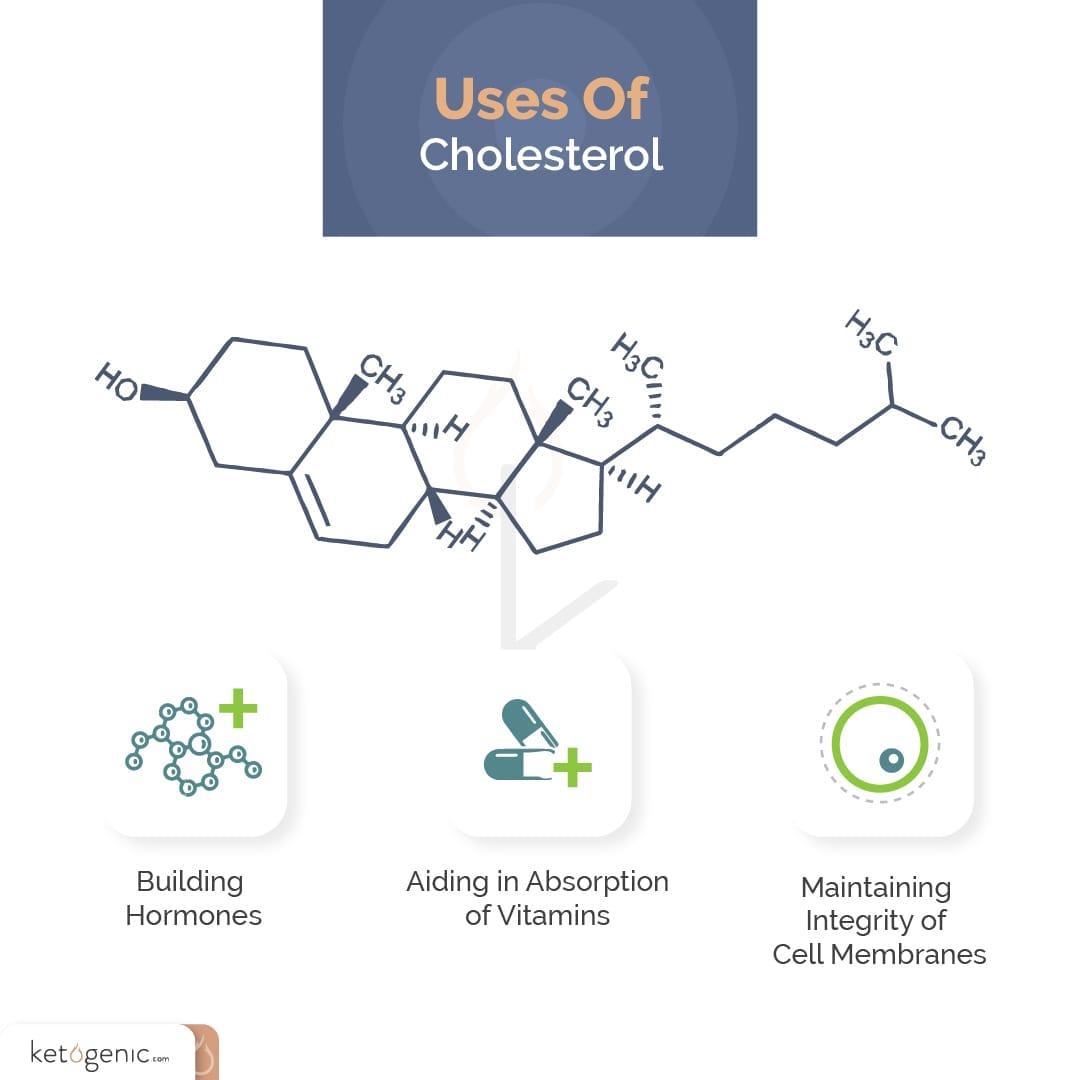
Higher levels of HDL (the ‘good’ cholesterol) might protect from heart disease. Despite the bad rap, cholesterol also plays a vital role in forming and maintaining cell structures and membranes. For example, your cells need cholesterol to adjust to temperature changes. Your nerve cells also use cholesterol for insulation [8].
Your body needs cholesterol to make vitamin D. In the presence of sunlight, your body converts cholesterol into vitamin D. Cholesterol is critical for hormone production, such as the stress hormone cholesterol and reproductive hormones like testosterone and estrogen.
To improve your cholesterol, experts recommend:
- Regular physical activity
- Avoiding smoking [9]
- Choosing healthy, nutrient-dense foods
The cholesterol in your diet and the cholesterol in your blood are two different things. Your body tightly regulates the amount of cholesterol in your blood by controlling cholesterol production. When your dietary intake of cholesterol goes down, your body makes more, and when you consume greater amounts of dietary cholesterol, your body makes less.
Research shows foods high in dietary cholesterol have little to no impact on blood cholesterol levels in most people. There’s no significant link between the cholesterol you consume and your risk of heart disease [10] [11] [12] [13]
For more on cholesterol, read our informative articles:
References
United States National Library of Medicine. Cholesterol.
United States National Library of Medicine. LDL ‘Bad’ Cholesterol.
Navab, M., Reddy, S. T., Van Lenten, B. J., & Fogelman, A. M. (2011). HDL and cardiovascular disease: Atherogenic and atheroprotective mechanisms. Nature Reviews Cardiology, 8(4), 222-232.
Li, T., & Chiang, J. Y. L. (2009). Regulation of bile acid and cholesterol metabolism by PPARs. PPAR Research,
Li, T., & Chiang, J. Y. L. (2009). Regulation of bile acid and cholesterol metabolism by PPARs.PPAR Research,
Reboul, E., Goncalves, A., Comera, C., Bott, R., Landrier, J-F., Jourdheuil-Rahmani, D., Dufour, C., Collet, X., & Borel, P. (2011). Vitamin D intestinal absorption is not a simple passive diffusion: Evidences for involvement of cholesterol transporters. Molecular Nutrition and Food Research,
Krause, M. R., & Regen, S. L. (2014). The structural role of cholesterol in cell membranes: From condensed bilayers to lipid rafts. Accounts of Chemical Research, 47(12), 3512-3521.
Zhang, J., & Liu, Q. (2015). Cholesterol metabolism and homeostasis in the brain. Protein Cell, 6(4), 254-264.
Devaranavadgi, B. B., Aski, B. S., Kashinath, R. T., & Hundekari, I. A. (2012). Effect of cigarette smoking on blood lipids: A study in Belgaum, Northern Karnataka, India. Global Journal of Medical Research, 12(6),
Jones, P. J., Pappu, A. S., Hatcher, L., Li, Z. C., Illingworth, D. R., & Connor, W. E. (1996). Dietary cholesterol feeding suppresses human cholesterol synthesis measured by deuterium incorporation and urinary mevalonic acid levels. Arteriosclerosis, Thrombosis, & Vascular Biology, 16(10), 1222-1228.
Berger, S., Raman, G., Vishwanathan, R., Jacques, P. F., & Johnson, E. J. (2015). Dietary cholesterol and cardiovascular disease: A systematic review and meta-analysis. American Journal of Clinical Nutrition, 102(2), 276-294.
McNamara, D. J. (1995). Dietary cholesterol and the optimal diet for reducing risk of atherosclerosis.Canadian Journal of Cardiology, 11, 123G-126G.
Packard, C., Caslake, M., & Shepherd, J. (2000). The role of small, dense low-density lipoprotein (LDL): A new look.International Journal of Cardiology, 30(74), S17-S22.

